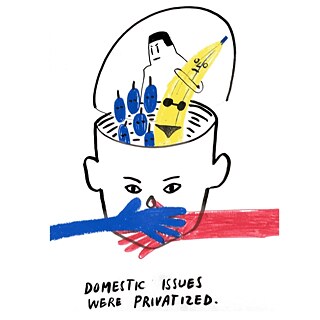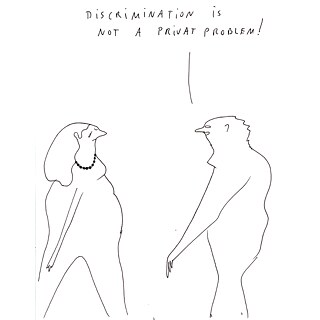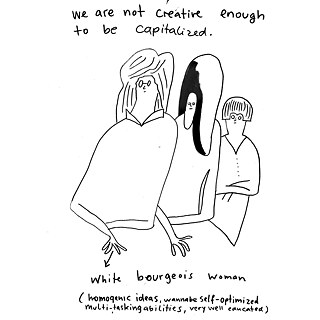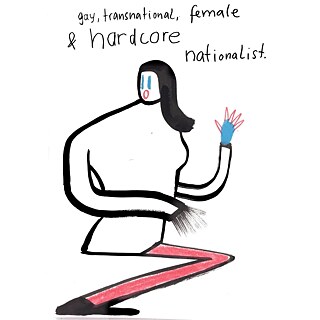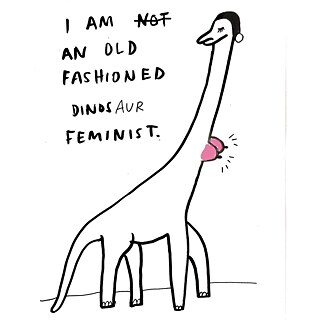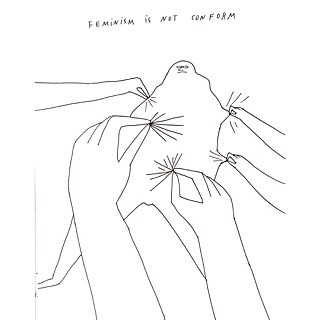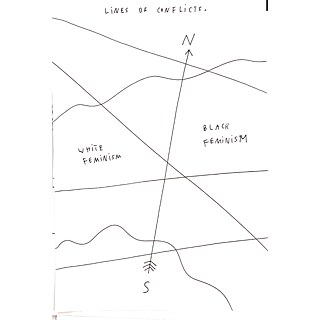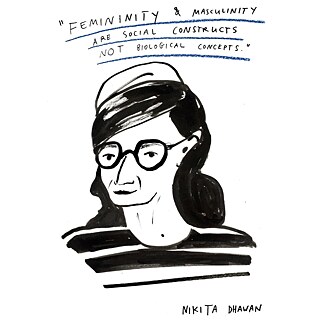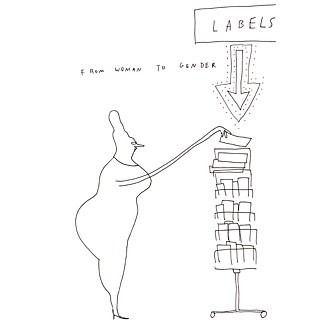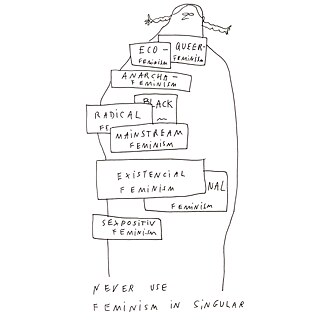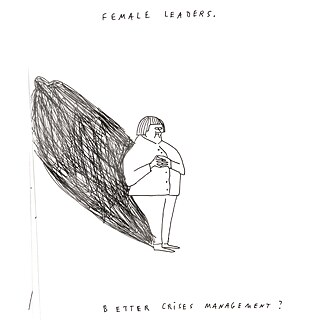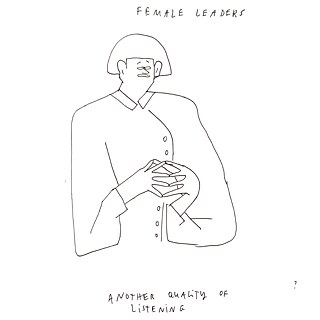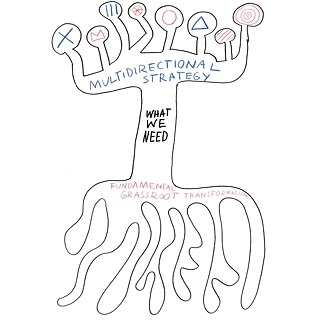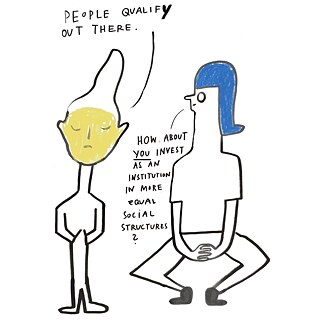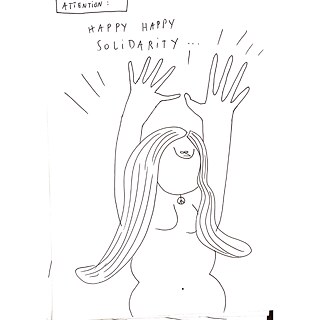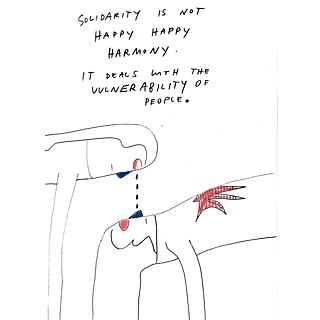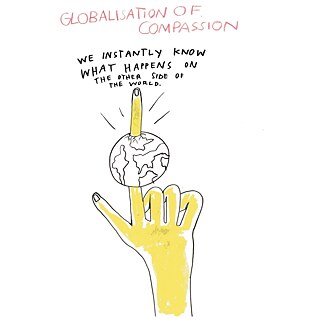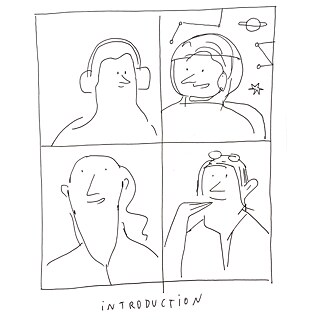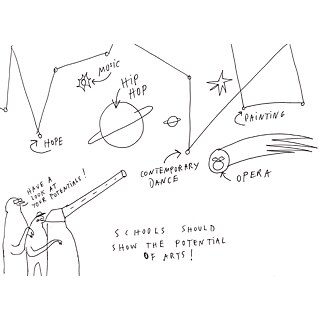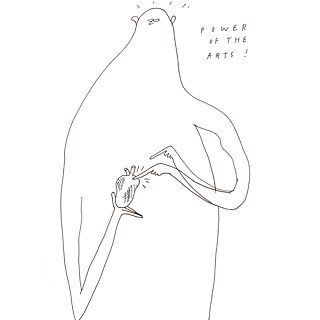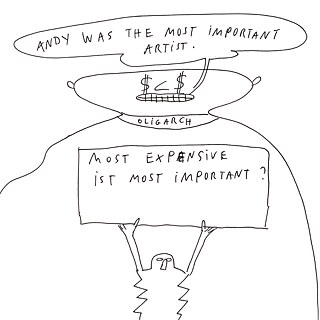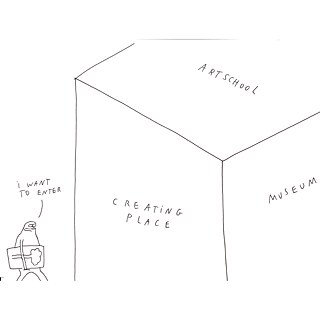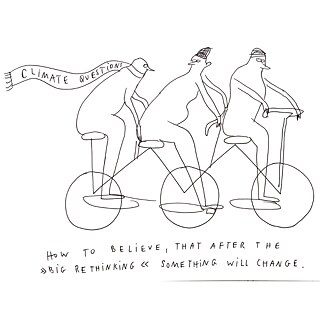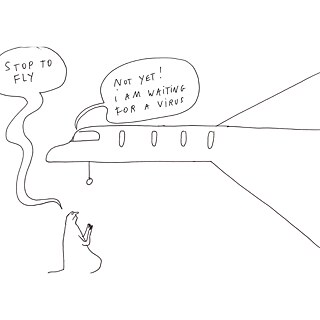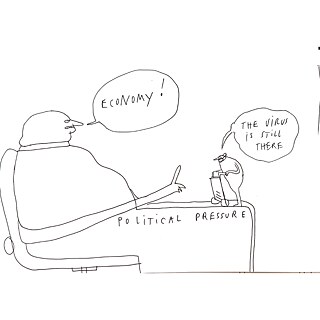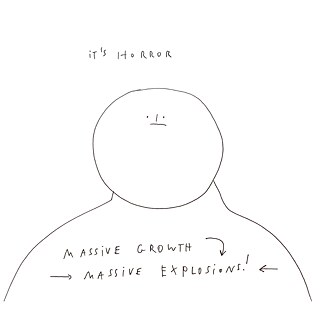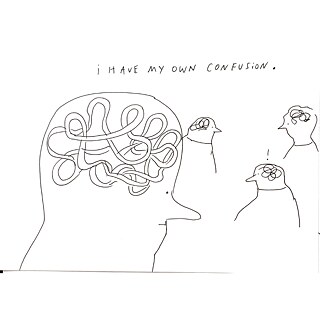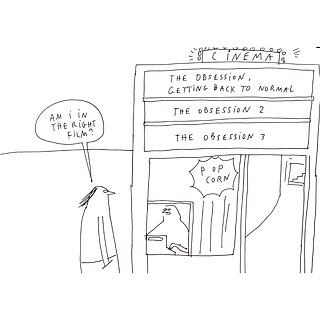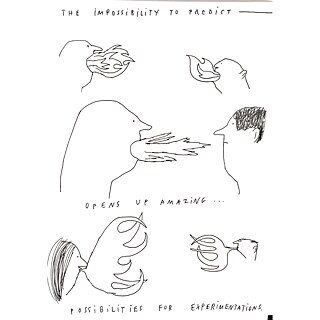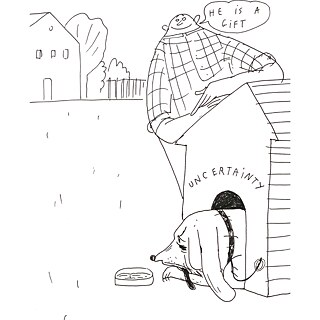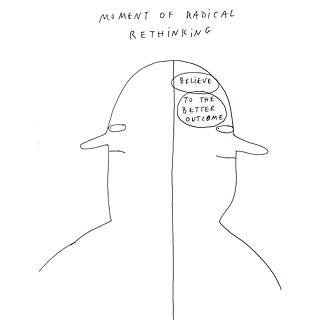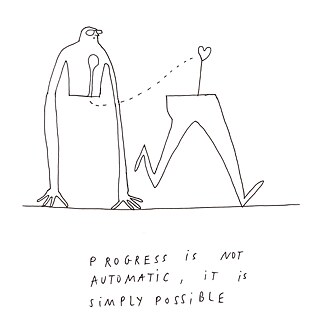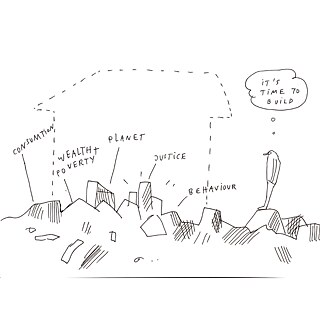Women in Leadership
Women Working in Culture Network

From facing initial resistance to launching a new reality, women working in arts and culture have had a profound impact on cultural institutions and their working environment over the years. Not only have female cultural practitioners contributed to the transformation of societies, but also the growing number of women in leading positions.
“Women have become more and more evident in leadership roles within cultural organisations. And I think that has had a slow, but very profound effect on the values we work with and the systems and structures we work within,” says Frances Morris, director of the Tate Modern.
In order to share and discuss innovative aspects of female leadership and empowerment, an international group of female leaders regularly comes together for the Women Working in Culture Network. The network was initiated by the Goethe-Institut in Europe.
In reaction to the corona crisis in 2020:
All participants joined together online to reflect together on the challenges but also on chances which each one is seeing both in their personal and in their professional context. Also, the group collected pressing issues in terms of addressing the current crisis in their respective leadership roles such as envisioning the roles of arts institutions in ten or twenty years or how to implement models of improvisation within arts- and cultural institutions as long-term planning has become almost impossible in these times. Within the discussion the focus was placed on the possible role of artists in these times of change. The group will continue to work on these questions in different working sessions until autimn 2020.
Topic: ThinKing Future Anews – Part 2
16 June 2020With philospher Susan Neiman and Tate Modern director Francis Morris.
Topic: Sustainability
3 June 2020
Meet us on Instagram
Topic: Thinking Future Anew – part 1
The pandemic, the challenges, and the opportunities that lie in uncertainty.
Topic: How Are Women Changing the World of Arts and Culture?
29 - 30 November 2019
During the first Women Working in Culture Network meeting, we asked five participants to share their thoughts with us. How are women changing the art and cultural scene worldwide? Are women better visionaries for the future of our cities? And are female directors changing the world? Watch their answers below and join the debate on social media!
#WomenInCulture
Frances Morris, director of the Tate Modern, on the question:
"How are women changing the art and cultural scene?"
Milota Sidorova, head of participatory planning at the Metropolitný inštitút Bratislavy, on the question:
"Are women better visionaries for our future cities?"
Khadija El Bennaoui, director of Art Moves Africa (AMA), on the question:
"Can women transform the Arab world through arts and culture?"
Juliette Duret, Head of Cinema at BOZAR, on the question:
"Are female directors changing the world?"
Alisa Prudnikova, regional development director of the ГЦСИ-NCCA in Moscow, on the question:
"What impact do women have on Russian art and culture?"
